Alina Ibragimova, BBC Scottish Symphony Orchestra, Ilan Volkov - Roslavets - Violin Concertos (2008)
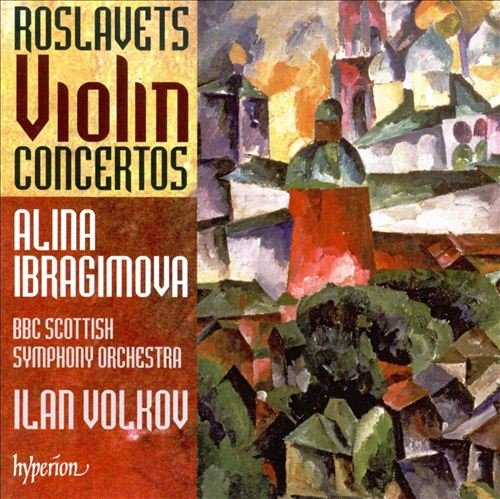
Artist: Alina Ibragimova, BBC Scottish Symphony Orchestra, Ilan Volkov
Title: Roslavets - Violin Concertos
Year Of Release: 2008
Label: Hyperion
Genre: Classicsal
Quality: FLAC (image+.cue,log,scans)
Total Time: 57:41
Total Size: 249 Mb
WebSite: Album Preview
Tracklist: Title: Roslavets - Violin Concertos
Year Of Release: 2008
Label: Hyperion
Genre: Classicsal
Quality: FLAC (image+.cue,log,scans)
Total Time: 57:41
Total Size: 249 Mb
WebSite: Album Preview
Violin Concerto №1 (1925)
1 - I. Allegretto grazioso. Cadenza
2 - II. Adagio sostenuto
3 - III. Allegro moderato, risoluto
Violin Concerto №2 (1936)
4 - I. Allegro moderato
5 - II. Adagio
6 - III. Finale: Allegro giocoso
Performers:
Alina Ibragimova, violin
BBC Scottish Symphony Orchestra
Ilan Volkov, conductor
This disc is a major discovery. How many listeners, even the most dedicated fans of early Soviet composers, can claim to have heard anything by Nikolay Roslavets? A victim of Stalin's life and death culture wars, Roslavets was all but expunged from the historical record after his death in 1944. Only a tiny fraction of his music has been recorded or even performed while the vast majority is either unpublished or lost. This 2008 Hyperion disc featuring the composer's two violin concertos is the first recording of the Second and only the second recording of the First; the first was on a 1989 Wergo disc with violinist Tatiana Grindenko. But in its deep-seated conviction, big-hearted passion, and hair-raising virtuosity, these performances of the work by Alina Ibragimova with the BBC Scottish Symphony Orchestra under Ilan Volkov must count as a major discovery.
As she demonstrated in her awe-inspiring 2007 recording of Hartmann's Concerto funebre, Ibragimova has a huge technique, a supple but intense tone, and an attack that brooks no resistance, and in Roslavets' concertos, she deploys them again with stunning effectiveness. Her account of his enormous First Concerto from 1925 never allows the listener to doubt, but that they are in the presence of a masterly interpretation of one of the twentieth century's finest works in the genre, a work of ardent sensuality, reckless virtuosity, and breathtaking audacity. While Ibragimova's performance is no less dedicated in the Second Concerto from 1936, the work itself is clearly less inspired -- the tunes are tame, the tempos are driven, and the tone is faintly sentimental -- and the results are less persuasive. Still, with the devoted accompaniment of Volkov and the Scottish musicians, her performance does what can be done, and there are moments, particularly in the central Adagio, that come close to the First Concerto's impassioned expressivity. Hyperion's digital sound is cool and distant and oddly lacking in presence.
As she demonstrated in her awe-inspiring 2007 recording of Hartmann's Concerto funebre, Ibragimova has a huge technique, a supple but intense tone, and an attack that brooks no resistance, and in Roslavets' concertos, she deploys them again with stunning effectiveness. Her account of his enormous First Concerto from 1925 never allows the listener to doubt, but that they are in the presence of a masterly interpretation of one of the twentieth century's finest works in the genre, a work of ardent sensuality, reckless virtuosity, and breathtaking audacity. While Ibragimova's performance is no less dedicated in the Second Concerto from 1936, the work itself is clearly less inspired -- the tunes are tame, the tempos are driven, and the tone is faintly sentimental -- and the results are less persuasive. Still, with the devoted accompaniment of Volkov and the Scottish musicians, her performance does what can be done, and there are moments, particularly in the central Adagio, that come close to the First Concerto's impassioned expressivity. Hyperion's digital sound is cool and distant and oddly lacking in presence.
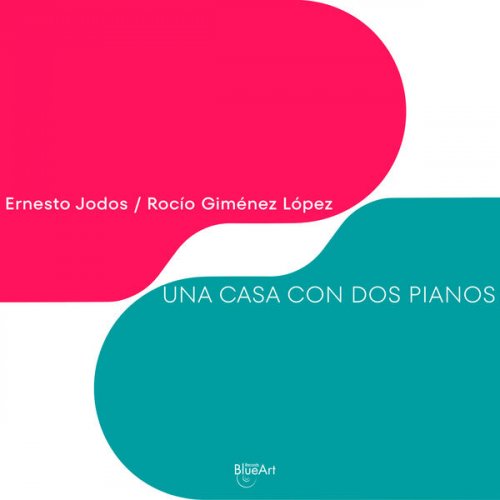
![Asher Gamedze - A Semblance: Of Return (2026) [Hi-Res] Asher Gamedze - A Semblance: Of Return (2026) [Hi-Res]](https://www.dibpic.com/uploads/posts/2026-02/1772032727_a2374104512_10.jpg)
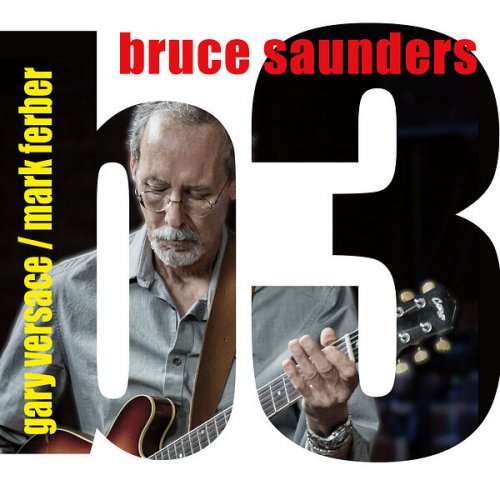
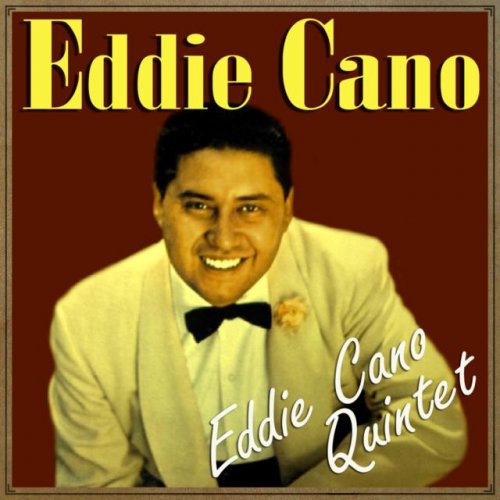
![Martin Listabarth Trio - In Her Footsteps (2026) [Hi-Res] Martin Listabarth Trio - In Her Footsteps (2026) [Hi-Res]](https://www.dibpic.com/uploads/posts/2026-02/1771946819_folder.jpg)
![El Calefón - Salir Del Agujero (2026) [Hi-Res] El Calefón - Salir Del Agujero (2026) [Hi-Res]](https://img.israbox.com/img/2026-02/26/sm3fq4x280rjvn4eh85ksne6j.jpg)
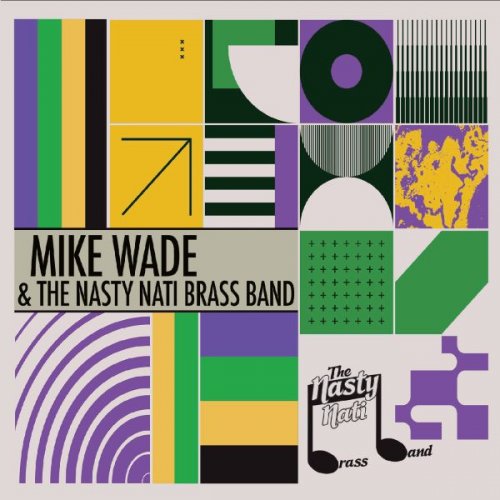
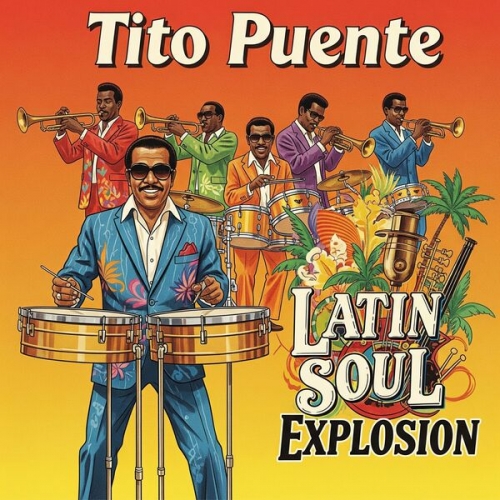
![Alexander Wienand - Strangers (2026) [Hi-Res] Alexander Wienand - Strangers (2026) [Hi-Res]](https://www.dibpic.com/uploads/posts/2026-02/1772172636_cover.jpg)